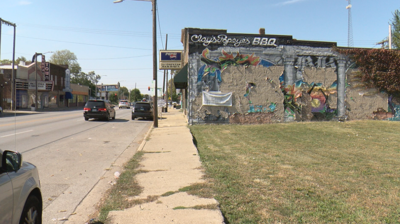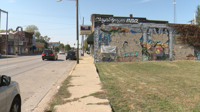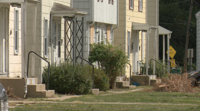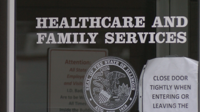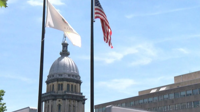SPRINGFIELD, Ill. 鈥� The Restore Illinois Collaborative Commission held their first public hearing Tuesday to discuss the state鈥檚 progress with the Business Interruption Grant (BIG) program during the pandemic.
The Department of Commerce and Economic Opportunity told members over 5,500 grants totaling $141 million have been distributed. They reported $65 million went to nearly 2,300 grants for restaurants and bars. Meanwhile, DCEO split $54 million across over 1,880 grants for other priority industries like gyms, salons, and movie theaters.
However, DCEO Assistant Director Michael Negron knows many businesses still need assistance.
鈥淲hat we are really hoping for is particularly in the lame duck that the Congress and outgoing President sign a CARES Act extension so that we can get more funds because we know the need is going to be there. The numbers are not great,鈥� Negron added. 鈥淲e think everybody is hunkering down now for a tough winter.鈥�
Questioning obligations with BIG grants
DCEO officials say 48% of the grants 鈥� roughly $84 million 鈥� went to businesses in disproportionately impacted areas. They noted 28% of BIG grants specifically helped downstate businesses with $47 million.
However, Dan Caulkins (R-Decatur) voiced concern over 鈥渟trings attached鈥� to the document businesses sign before they can receive BIG grants. Caulkins asked Negron why businesses would have to guarantee they follow Gov. JB Pritzker鈥檚 executive orders.
鈥淚t seemed rather nebulous,鈥� Caulkins said. 鈥淚t would concern me as a business owner that I鈥檓 being forced to follow some executive order that doesn鈥檛 have the force of the law.鈥�
Negron explained DCEO does ask applicants to comply with the state鈥檚 guidelines before they can receive grants.
鈥淕iven the fact that it鈥檚 tied to our overall COVID response, it is the view of the administration that it鈥檚 important to ensure that the recipients are complying with public health measures to abate and reverse the course of the coronavirus,鈥� Negron said.
Caulkins feels the administration shouldn鈥檛 have the power to deny people assistance from the federal government. However, Negron stressed that comes down to fairness.
鈥淭here are many more businesses that comply with the mitigations,鈥� Negron explained. 鈥淚f they see businesses that very visibly are not complying with those mitigations, they will question the fairness of those businesses getting the grants.鈥�
Caulkins added the idea sounds 鈥渞ather draconian鈥� as the executive orders weren鈥檛 approved by the General Assembly.
The Restore Illinois Collaborative Commission plans to hold another hearing soon addressing the pandemic鈥檚 impact on the state鈥檚 budget. Still, the commission will disband at the end of the month.

